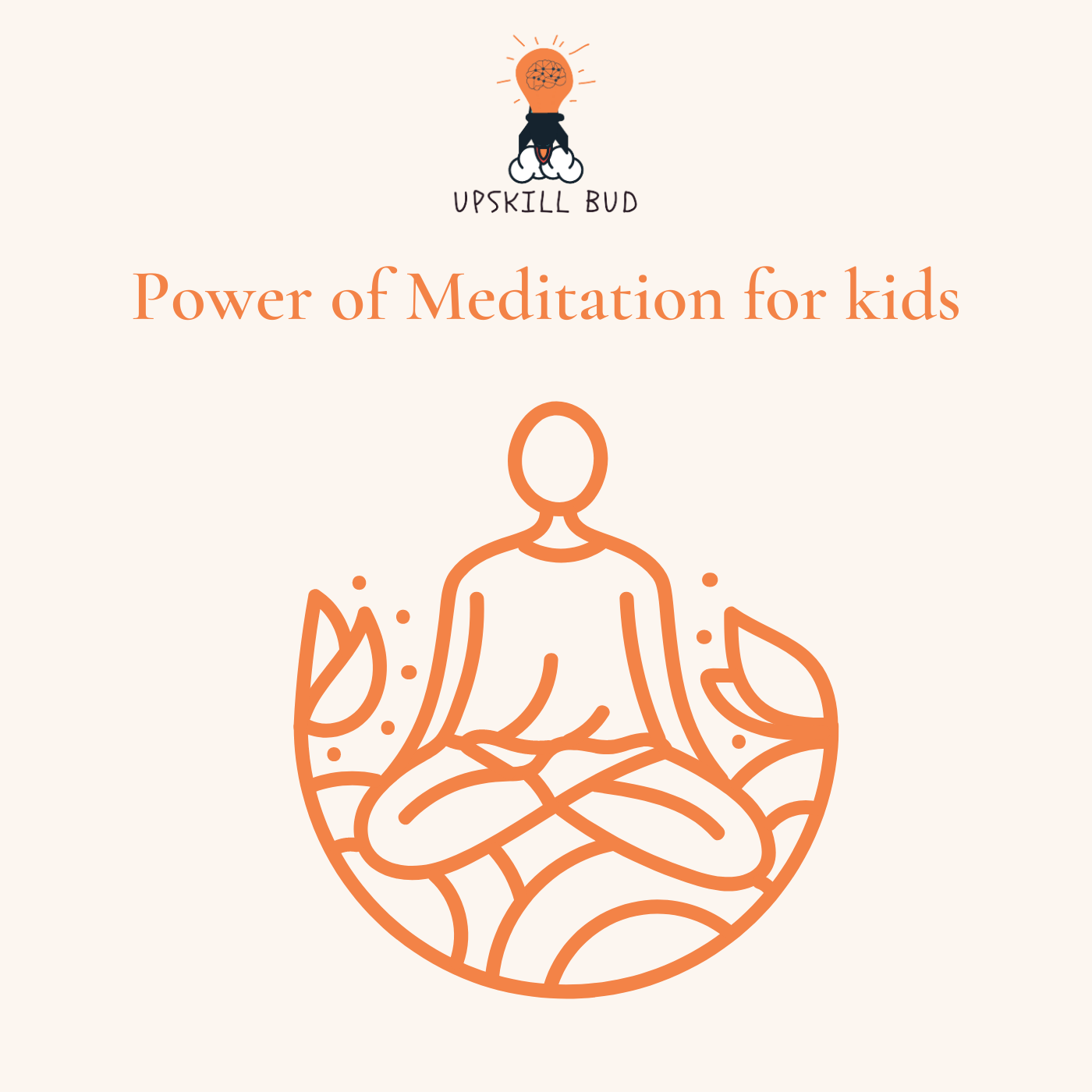
Differences Between CBSE, ICSE, IB, IGCSE & State Board

Curriculum in schools, in India and the world over, have changed with time and will continue to do so. From the impact of technology to the increase in the number of nuclear families, multiple factors dictate the nature of education systems. Also, with multiple curricula to choose from, this article will highlight some of the standouts features of boards of education in India. In this contest of CBSE vs ICSE and IB vs IGCSE and State Board, there is no one winner.
This will help you make a choice that is most suitable for your child’s needs. The current generation of students has the option of accessing technology in their palm. This factor facilitates learning that was beyond imagination for preceding generations.
CBSE
The Central Board of Secondary Education (CBSE) is a union government of India managed board of education in India. More than 19,000 schools in India and 200 schools abroad are affiliated to this board. And they follow the NCERT curriculum. The board conducts examinations for Class 10 and Class 12 every year.
Opting for this board has more things going for it than against it. Quality textbooks and reliable faculty work in favour of it. Credible schools across the country and a centralized-management makes transfer from one institution to the other easy. Extensive focus on science and mathematics with a focus on competitive exams is a big plus. The flip side, though, comes in the form of reduced options for literature, arts and other careers.
ICSE
The Indian Certificate of Secondary Education (ICSE), unlike CBSE, is not one of the boards of education in India. It is an examination conducted by the national level private body- Council for Indian School Certificate Examinations (CISCE). The same council, with the affiliation of more than 2,000 schools, conducts Indian School Certificate (ISC) exams for Class 12.
The council doesn’t permit private candidates to appear for exams. The ethos of CISCE, are bound by trust and fair play, and minimum intervention in the functioning of schools. Driven by diversity and plurality, education imparted is directed towards making children aware of India’s cultural values, while nurturing potential global leaders.
To know more about the differences between CBSE and ICSE, read Discussion Board: CBSE And ICSE In A Nutshell
IB
While boards of education in India is still figuring out how to best incorporate student-centred learning in the existing curriculum, international curriculum have already found a foothold in India.
International Baccalaureate (IB) is an international education foundation which offers four programmes. The IB Diploma Programme and the IB Career-related Programme for students aged 16 to 19. The IB Middle Years Programme for students aged 11 to 16, and the IB Primary Years Programme for children aged 3 to 12. Founded in 1968, and formerly known as International Baccalaureate Organisation (IBO), IB is headquartered in Geneva, Switzerland.
While the 4 programmes vary in content, they are all bound by a common learner’s profile that is at the core of IB. The primary goal is to nurture students to be thinkers, communicators, principled individuals with an ability to introspect, open-minded inquirers and caring global citizens. Affordability is definitely an issue with IB schools, but the holistic education provided is worth your money.
IGCSE
The International General Certificate of Secondary Education (IGCSE) is an English language based examination developed by the University of Cambridge International Examinations. With 10,000 plus schools being a part of the community, CIE, also known as Cambridge Assessment International Education (CAIE), operated in more than 160 countries across the world.
Recognised as an equivalent of General Certificate of Secondary Education (GCSE) in the UK, the USP of the programme lies in its efforts to reflect the latest educational research and set a benchmark for international education. The subjects include Humanities and Social Sciences, Sciences, Languages, Mathematics and Creative, Technical and Vocational training.
To know more, read the Difference Between IGCSE Board and IB Board
State Board
State Boards score brownie points in its accessibility feature and stress-free syllabus. On the other hand, they lag behind the other boards in the content offered. Additionally, the state boards have a lower success rate in training students to compete with students of other boards in demanding competitive exams. Many students of this board opting for private tuition is a testimony to this.
On the positive side, extracurricular activities, family time and learning the official language of the state have their own benefits. Also, on the affordability factor, state boards trump the other board’s hands down. Having said that the decision on the merits and quality of education offered is best left to experts, parents and children.
Multiple factors influence the decision of choosing a board, curriculum in tune with the needs of your child. These are unique to each child, though there are overlapping factors that enable easier decision making from the options available. Through this article, we hope to help you choose the right one from the boards of education in India.
Recomended Blogs

It indeed is not easy to learn something new! Getting out of your comfort zone and learning something

Zedua
1 year ago

Many successful people have attributed their success to the practice of Meditation. How great i

Zedua
2 years ago

Hybrid classes is the trend in the air or was it already there in an implicit form? Questions are ofte

The Green School Bangalore
2 years ago

Very useful article. I found Harvest International school in Bangalore as a good school for my kid with CBSE syllabus.